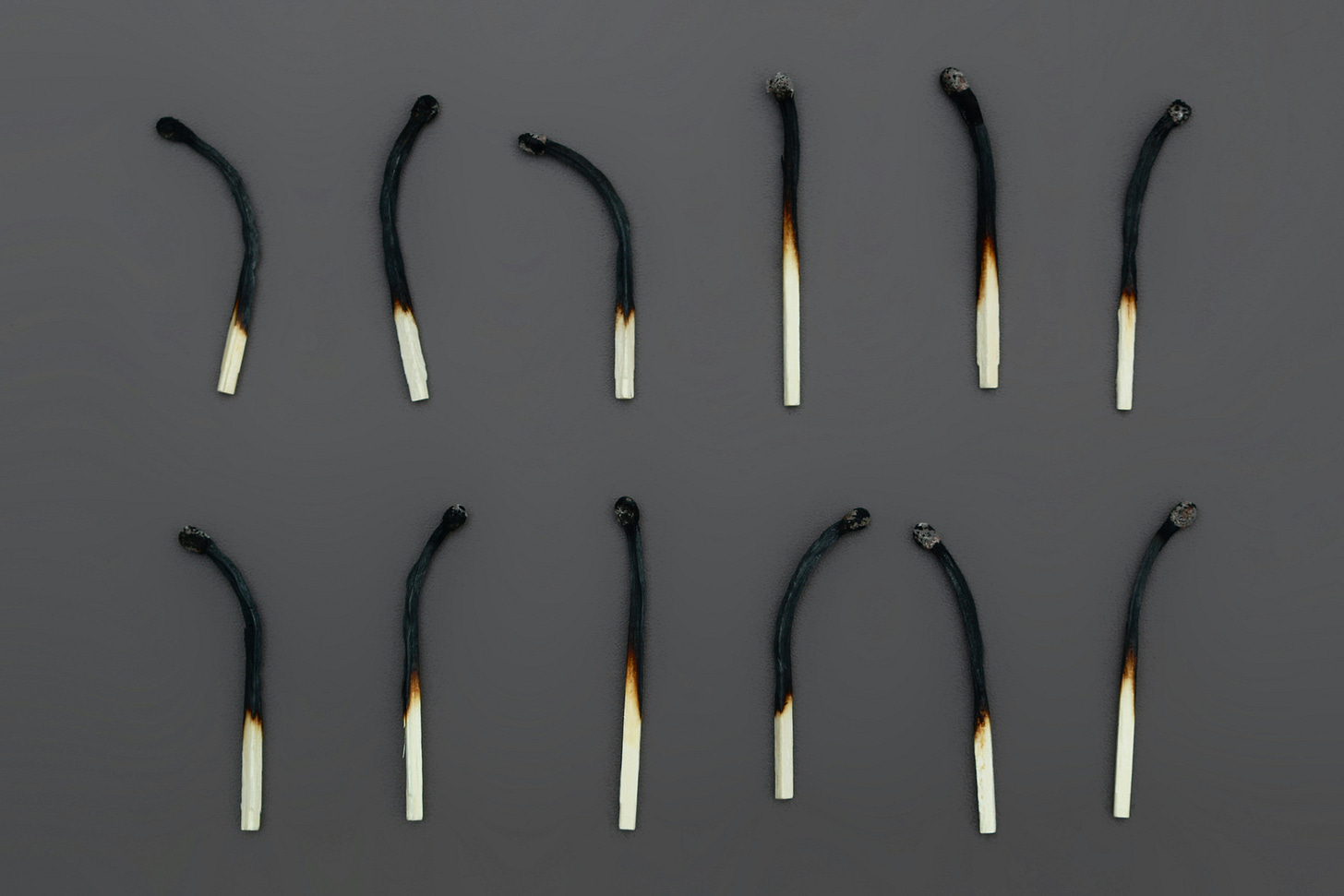
Teach. Research. Service. Publish.
With a new academic year on the horizon, these words can bring up a mix of emotions—excitement, overwhelm, hesitation. The title of “professor” suggests a single job role, but the culture of academia demands constant, quality output across all of these domains in order to stay on track, especially for those pursuing tenure.
It would be beautiful if teaching were deemed “enough.” During my decade of graduate school (MFA, MA, and PhD), I loved teaching college students how to write and think critically. And my students knew it—I showed up with vigor and compassion, which they mirrored with curiosity and creativity. I felt certain about my passion for education every time I witnessed my students have an “a-ha!” moment of comprehension. I loved guiding students to learn new frameworks, ranging from contextual analysis to phenomenology, and they loved when they could teach me new things, like the rhetorical use of Snapchat.
After coaching professors via Success & Accountability Coaching for multiple years, I’ve noticed that what filled my heart with passion in the classroom continues to fuel my clients to show up as attentive, engaging teachers for their students. However, while my clients are dedicated to their teaching, they’re also required to be committed to their research, service to the university or college, and publishing in pursuit of tenure—which means they may run the risk of burnout.
Many of my clients come to me feeling anxious, underwater with their expected workload, and/or disconnected from their own needs. In a culture that expects them to navigate this role on their own, Dr. Keitlyn Alcántara hired me to primarily “help [her] process all the demands of a first year professor.”
Processing these demands will look different for everyone. Professors tend to come to me for support in:
Establishing healthier, slower boundaries around their work when they start their first professor position after finishing their PhD
Preparing for tenure and promotion by generating a schedule to progress on multiple article publications at once
Teaching multiple classes at once without getting bogged down by their course load
Revising their dissertation into book projects, including drafting and submitting book proposals and translating their research from one genre to another
Developing new habits to help balance research, teaching, and service responsibilities
Determining which projects and opportunities they should say yes or no to, including establishing boundaries around their availability to colleagues, students, and co-authors
Success & Accountability Coaching lends itself perfectly to busy professors who are managing multiple projects with many steps. We begin with a 90-minute call to scope out each project and determine realistic deadlines and timelines for each goal.
As said by Dr. Jennifer Marlow,
“My very first meeting with Kate was a magically transformative experience. What felt a bit like a therapy session—me unburdening myself of all of the things that were weighing down my work practices by just talking at Kate—turned into this incredible document that Kate created, which ended up being a guide that helped me emerge from the chaos of my work life. When I received Kate’s notes I couldn’t believe she had somehow organized my brain onto the page in a clear way complete with bulleted lists, reminders, a to-do list, and general notes. It’s a document I can return to each time I need to clear my head and figure out what I should be focusing on.”
Over the next six months, I meet with clients every other week for 60 minutes to continually refine their approach. I record copious notes during our coaching calls, which I translate into actionable, shared to-do lists that make each project feel more achievable than ever. My weekly accountability emails and support between calls help professors stay present and keep up momentum, shifting between projects based on guidelines we generate together during our coaching sessions.
In the words of Dr. Keitlyn Alcántara, “[Kate] was very insightful, often hearing and drawing attention to my own values and needs even when I wasn’t sure what they were.”
Here’s how Success & Accountability Coaching has made a difference in navigating the chaos of professorship:
“After over 20 years of schooling, including a PhD, I’ve finally learned how to break an overwhelming project into manageable tasks! More importantly, Kate’s compassionate response to my anxiety over work taught me to be more compassionate with myself.” - Dr. Sara Watson, Professor & Poet
“Anytime we meet (and whenever I get a check-in email), I always feel like Kate is my biggest supporter and is genuinely excited about my wins [….] I leave each session confident about next steps and energized about moving forward in a sustainable way.” - J., Professor
“Dr. Kate was instrumental in helping me make plans to get the things I need to get done to reach my professional goals while centering my ability to show up in my personal life and be a whole person. During our coaching sessions, we worked through a set of different challenges including navigating the difference between what needs to get done and what just feels urgent and who and what might help to get through barriers that arise.”- Dr. Alyx Burns, Assistant Professor of Computer Science, Mount Holyoke College
In addition to my standard 6-month coaching package, I customize package lengths to support professors across semesters or for the entire academic year. I accept payment via professional development/start up funds, self-pay, or a combination of both options. If you’re curious about asking your department to fund you in Success & Accountability Coaching, I invite you to review the template on my coaching page (scroll to the very bottom) for language you can use to make the ask.
Interested in beginning Success & Accountability Coaching this year? I have three positions left to begin in September! Click here to set up your free 30-minute Discovery Call and explore how this program might support your relationship with teaching, research, service, and publishing.
Take care and talk soon,
Dr. Kate



